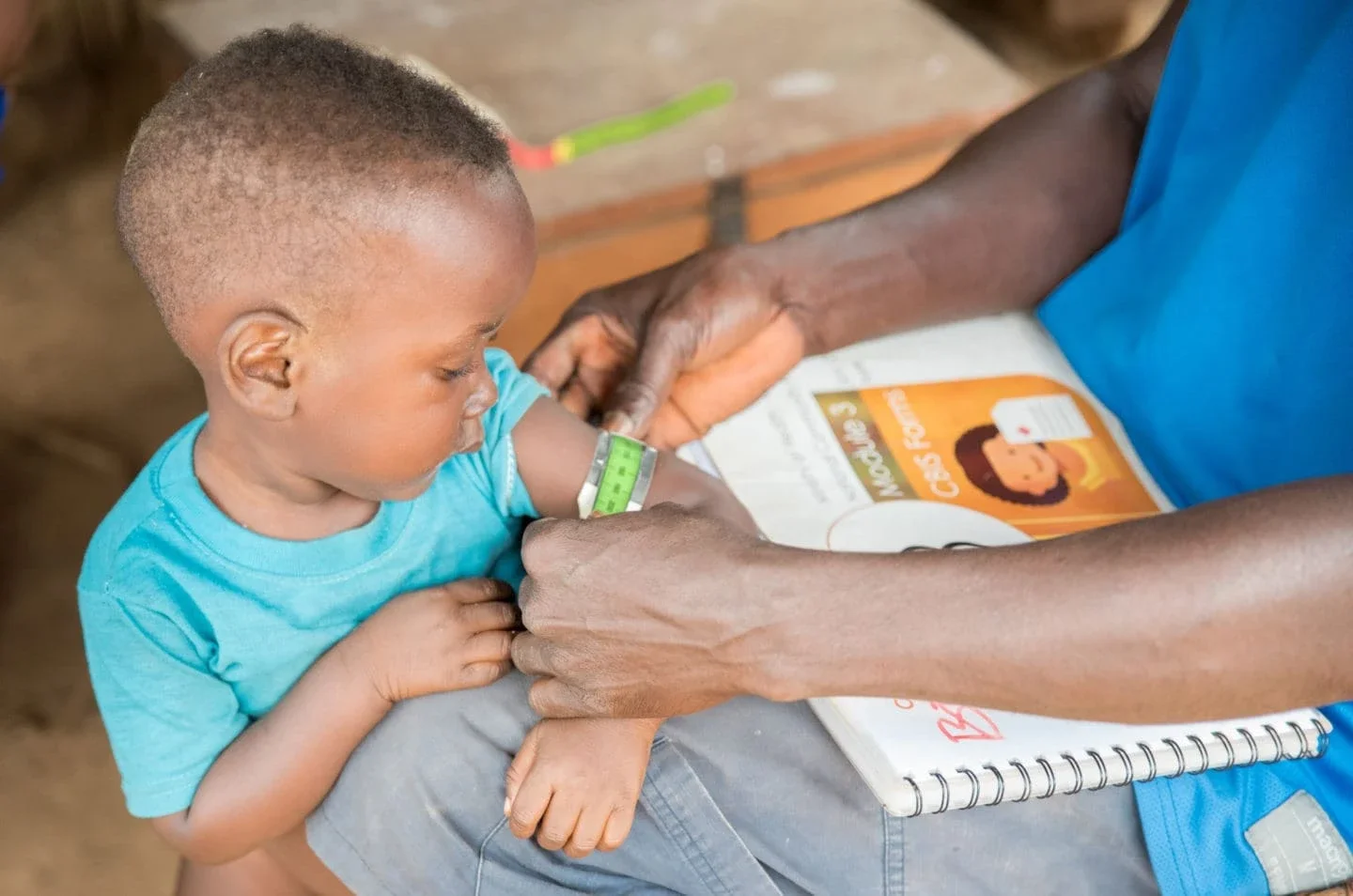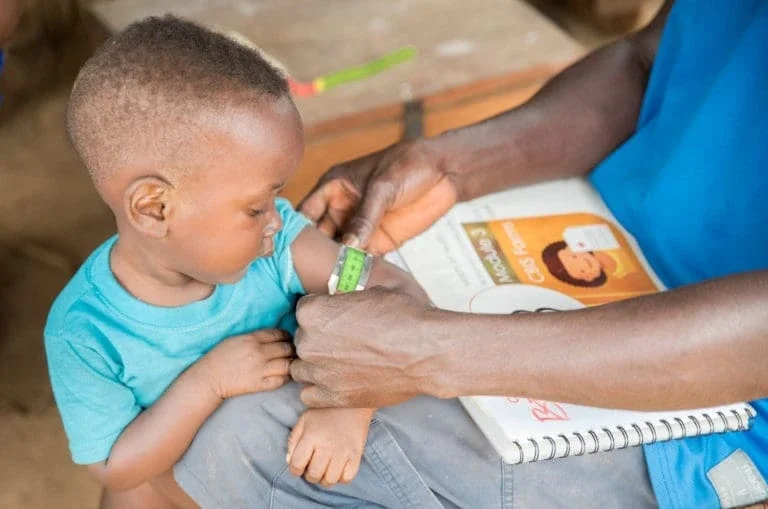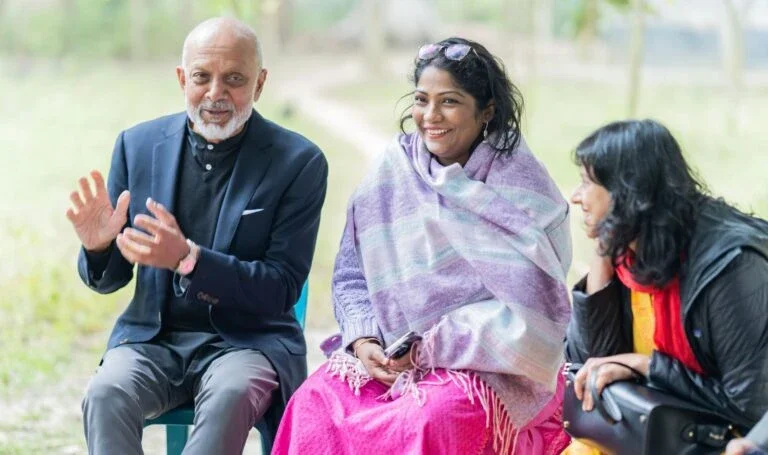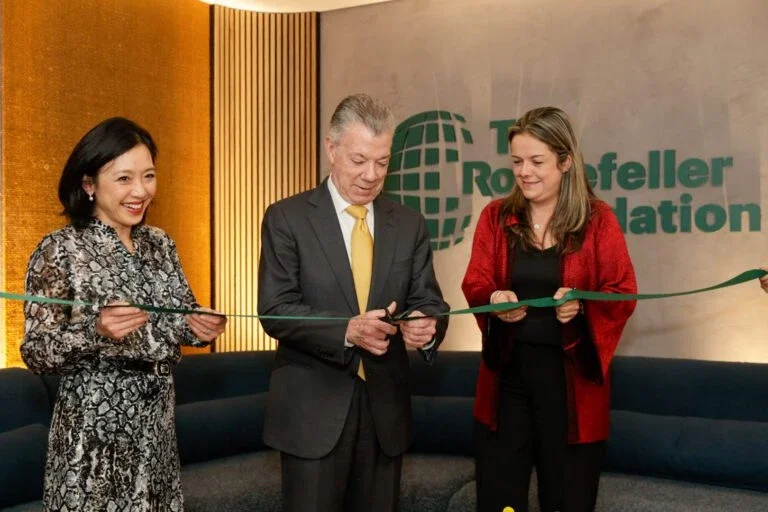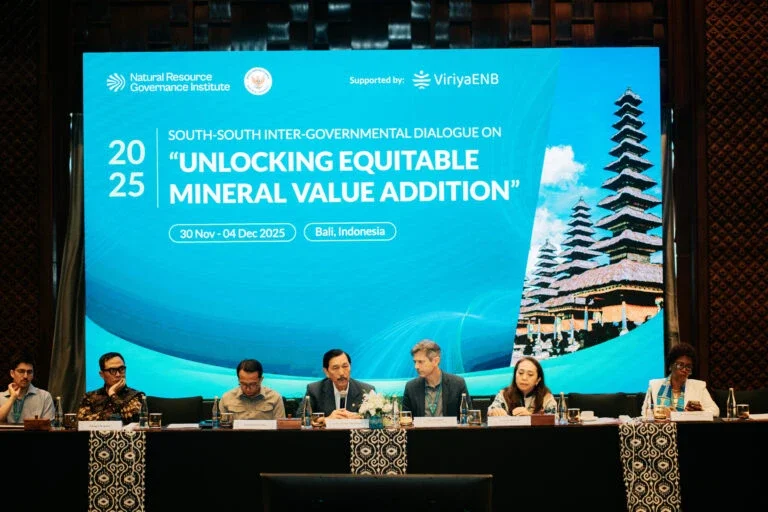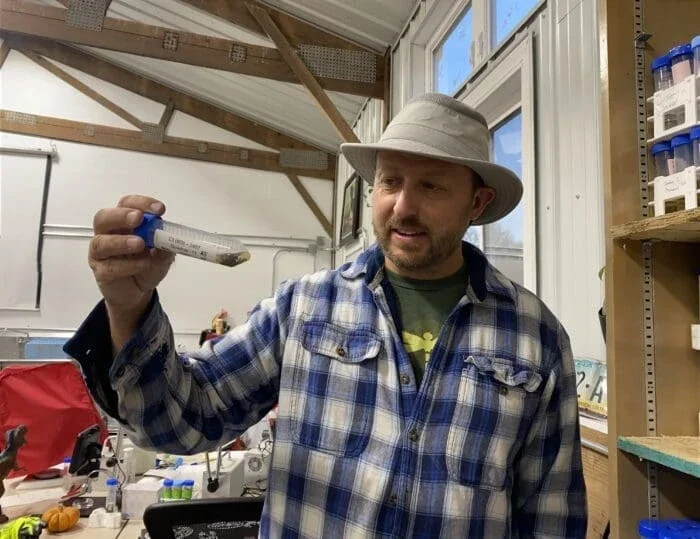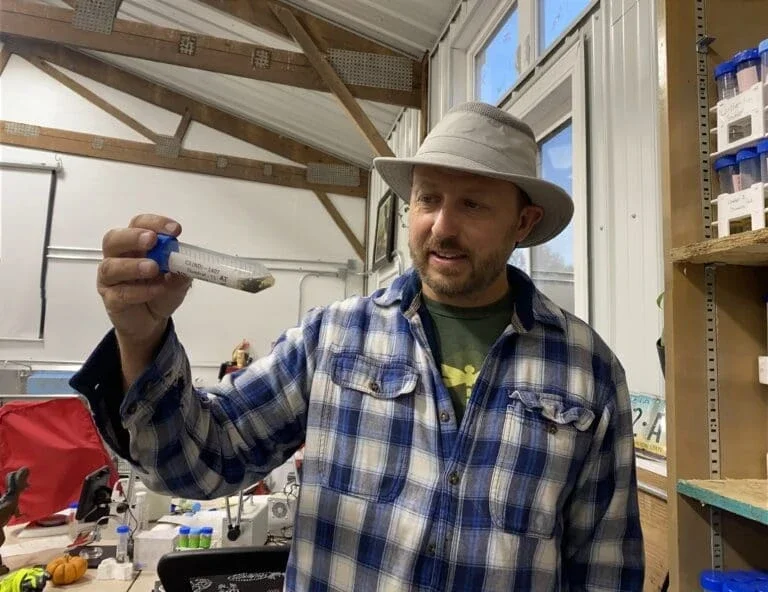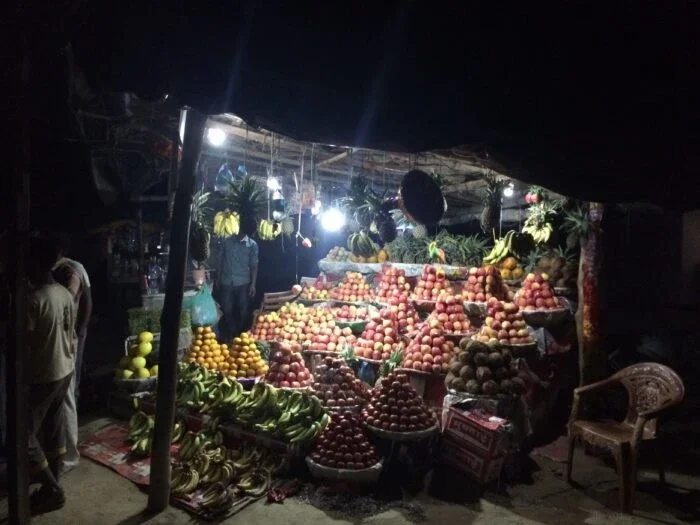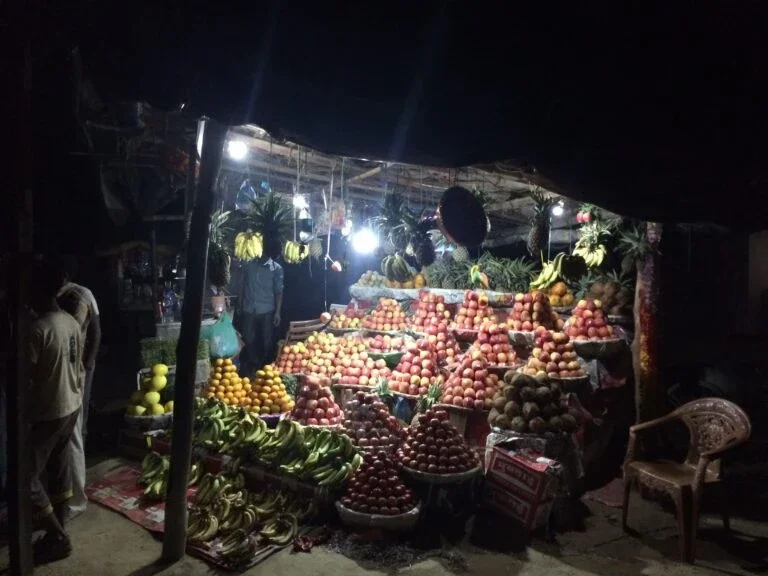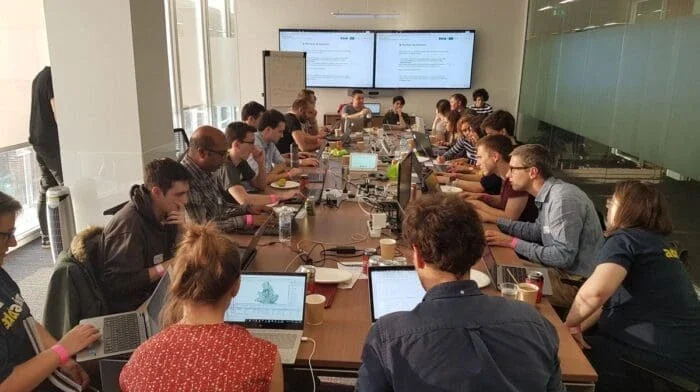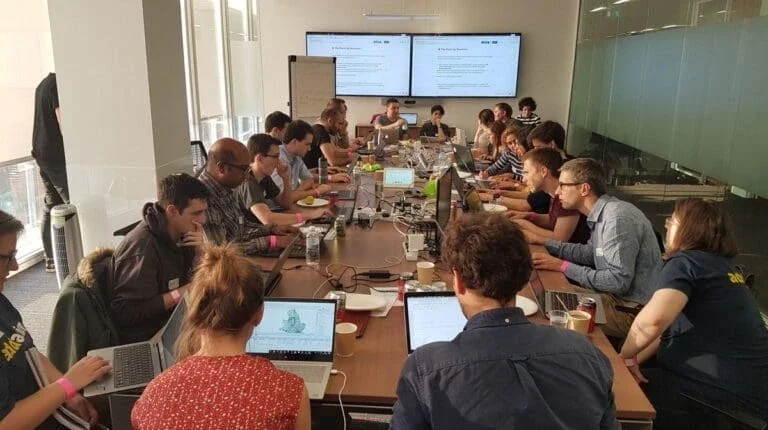Spotlight Stories
112 Years of Driving Change
From our initial grant to the American Red Cross a century ago, The Rockefeller Foundation’s history is marked by bold initiatives, breakthroughs, and unique partnerships, driving transformative change toward a more equitable and resilient world.
Big Bets: How Large-Scale Change Really Happens
A new playbook by Dr. Rajiv J. Shah with stories that show you it is realistic to be optimistic about our capacity to make large-scale change.
Order Today
Recent News
- Feb 19 2026Indian, Regional, and Global Partners Launch Initiatives to Address Extreme Heat in South Asia
- Feb 18 2026Rockefeller Foundation, Global Energy Alliance, Clean Cooking Alliance, Energy Corps to Scale Modern Cooking Technologies in Africa
- Feb 13 2026Statement by Elizabeth Yee, Executive Vice President of The Rockefeller Foundation, on Science and Data


